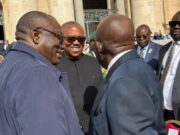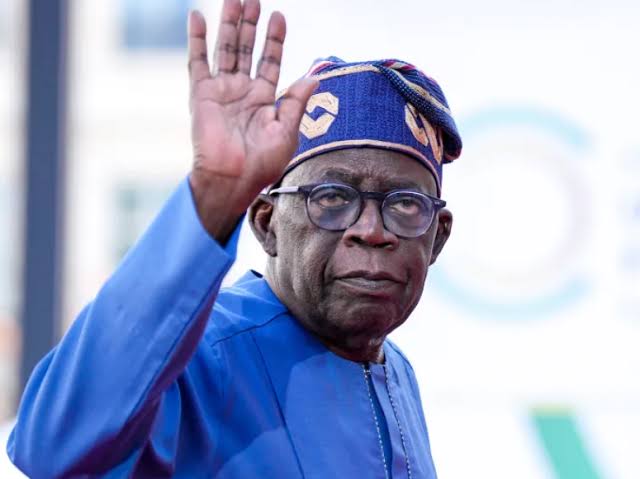President Tinubu,
The Nigerian Presidency on Monday demanded that Bauchi State Governor, Bala Mohammed, retract his “inflammatory” remarks regarding the Tax Reform Bill, urging him to redirect his focus toward constructive dialogue with the Federal Government.
The controversy arose from Mohammed’s comments made on December 25, 2024, during a Christmas homage at the Government House in Bauchi, where he criticized President Tinubu’s tax reform policies as “anti-northern” and warned that the northern region would “show its true colours” in response if the reforms continued.
In a statement shared on X (formerly Twitter), Sunday Dare, the Special Adviser to President Tinubu on Media and Public Communication, described Mohammed’s statement as unproductive and counterproductive to national unity.
He stated, “This unfortunate statement does not represent the collective voice of Northern Nigeria” and emphasized the need for collaborative governance.
Dare further urged Governor Mohammed to retract his statement and instead engage in meaningful dialogue with the Federal Government regarding concerns over the Tax Reform Act.
“His energy might be better directed toward implementing effective poverty alleviation programs and ensuring transparent use of federal resources,” he added.
The Presidency also pointed out that Bauchi State had received N144bn in federal allocations, a significant increase from previous disbursements.
The state also benefitted from a special N2bn intervention fund for food security and a boost in revenues following the removal of the fuel subsidy.
Despite this, the state continues to face challenges in development and poverty alleviation.
Dare criticized the Governor for making confrontational remarks instead of focusing on addressing these challenges.
He noted that, under the current administration, Bauchi had received one of the largest federal allocations, yet the state still grapples with high poverty rates.
Concerning the tax reforms, Dare explained that the reforms are aimed at streamlining Nigeria’s tax system, which includes provisions for smaller businesses, agricultural enterprises, and workers in the informal sector—key segments of Bauchi’s economy.
He emphasized that the reforms are designed to ease the tax burden on small businesses and enhance efficiency through digitalisation, thus fostering development in all regions, including the north.
The Presidency stressed that the goal of the reforms is to improve revenue generation and create a more business-friendly environment. It also highlighted that Northern states could benefit from increased allocations resulting from a more efficient tax system.
Rather than opposing these reforms, the government encouraged Governor Mohammed to work with the Federal Government to maximize these benefits for his state.
In response to the Governor’s threats, Dare concluded that Nigeria’s prosperity depends on unity and collaboration, not divisiveness.
He urged all leaders to rise above regional sentiments and work toward a stronger, more prosperous Nigeria.
The Tax Reform Bill, introduced by President Tinubu in October 2024, aims to simplify the tax system, improve compliance, and increase revenue for critical national infrastructure and services.
It includes provisions for a gradual increase in VAT rates and excise duties on certain goods.
While the reforms have sparked debates, particularly in the northern regions, the Presidency maintains that consultations will continue to address concerns and ensure that the reforms are beneficial for all states.

















